Zac was growing up just like any boy his age until his parents, Miriam and Colin noticed his eye was wobbling. Concerned, they took him to the GP who referred him straight to the eye clinic as Zac had banged his eye a few weeks before.
Optic nerve glioma

Concerned, the clinic sent Zac to the local A&E. It was there that he had an MRI scan and after an overnight stay, Zac was diagnosed with an optic nerve glioma. These tumours grow slowly in or around the optic nerve, which connects the eye to the brain.
After his diagnosis, Zac’s doctors referred him to specialists at Great Ormond Street Hospital for several rounds of chemotherapy. This was a very difficult time for the whole family as Zac was allergic to some of the chemotherapy drugs. And as a result, had to try 5 different rounds of treatment.
The tumour remained stable for nine months after treatment. But then it started to grow again, and more rounds a chemotherapy were necessary.
Miriam, Zac’s mum said: “This was a very difficult time for the family. It was hard for Zac and it was hard for us to see him unable to be a child. Our daughter had just been born as well, and we knew the difficulties that chemotherapy would bring for Zac.”
Life-changing treatment
There was some light at the end of the tunnel for Zac and his family. Zac’s tumour was biopsied and was found to have the BRAF-V600e mutation. This mutation means that cells grow uncontrollably, resulting in tumour growth. Knowing the mutation to target, Zac’s medical team put him on a trial treatment drug known as dabrafenib. He responded well to this drug and has been taking it since he was five years old.
Zac will remain on this treatment until his teenage years, when doctors will try to stop treatment and monitor how the tumour responds. There was a brief period where treatment was stopped, but the tumour began to grow again, so Zac was put back on it.
Every day we feel blessed to have been given this life-changing treatment option. It has given Zac the chance to live a relatively normal life. We are incredibly grateful to Professor Hargrave and all of his work and we are thankful for the research that means Zac can do so many of the things 11 year old boys do.”
Miri Eckworth, Zac’s mum
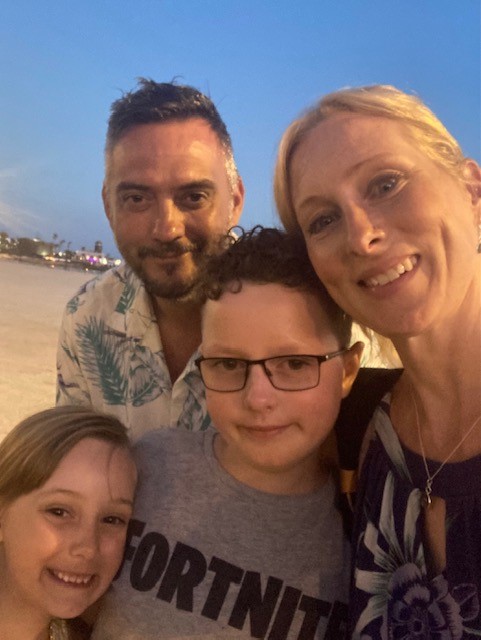
Zac’s sight
Zac’s optic nerve glioma has substantially impaired his vision. He suffered from hydrocephalus – a build-up of fluid on the brain and also had lots of chemotherapy at such a young age. His school is very supportive and day-to-day he learns braille and they provide him with large print. He also enjoys playing goal ball – a visually impaired sport.
Zac lives with the after effects of the tumour but he doesn’t let it impact his life too much. He is nearly a black belt in karate which has helped him to build his confidence after surgery. He plays the keyboard, loves to be a DJ in his spare time and also enjoys playing video game with his friends.
Miriam said: “Zac has a good quality of life, which allows him to recover emotionally from what he experienced in his younger years. He is able live a relatively normal life which allows him have his own identity. This treatment has given him that, it has given us more quality time as a family.
“We are so thankful for the research that has allowed this and praise the work of Professor Hargrave.”
Zac now has MRI scans every 6 months to monitor his tumour.
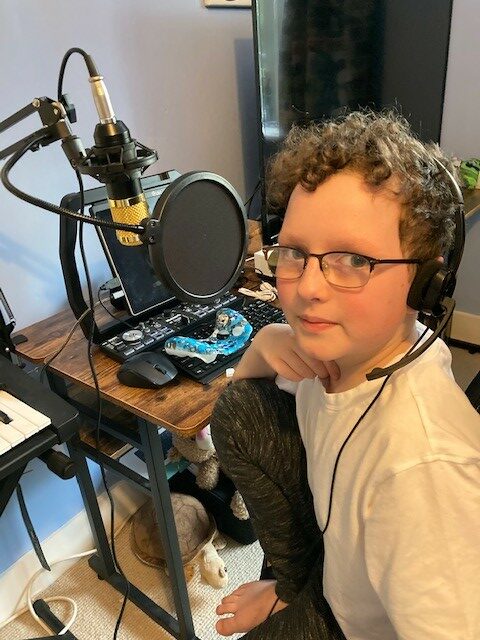
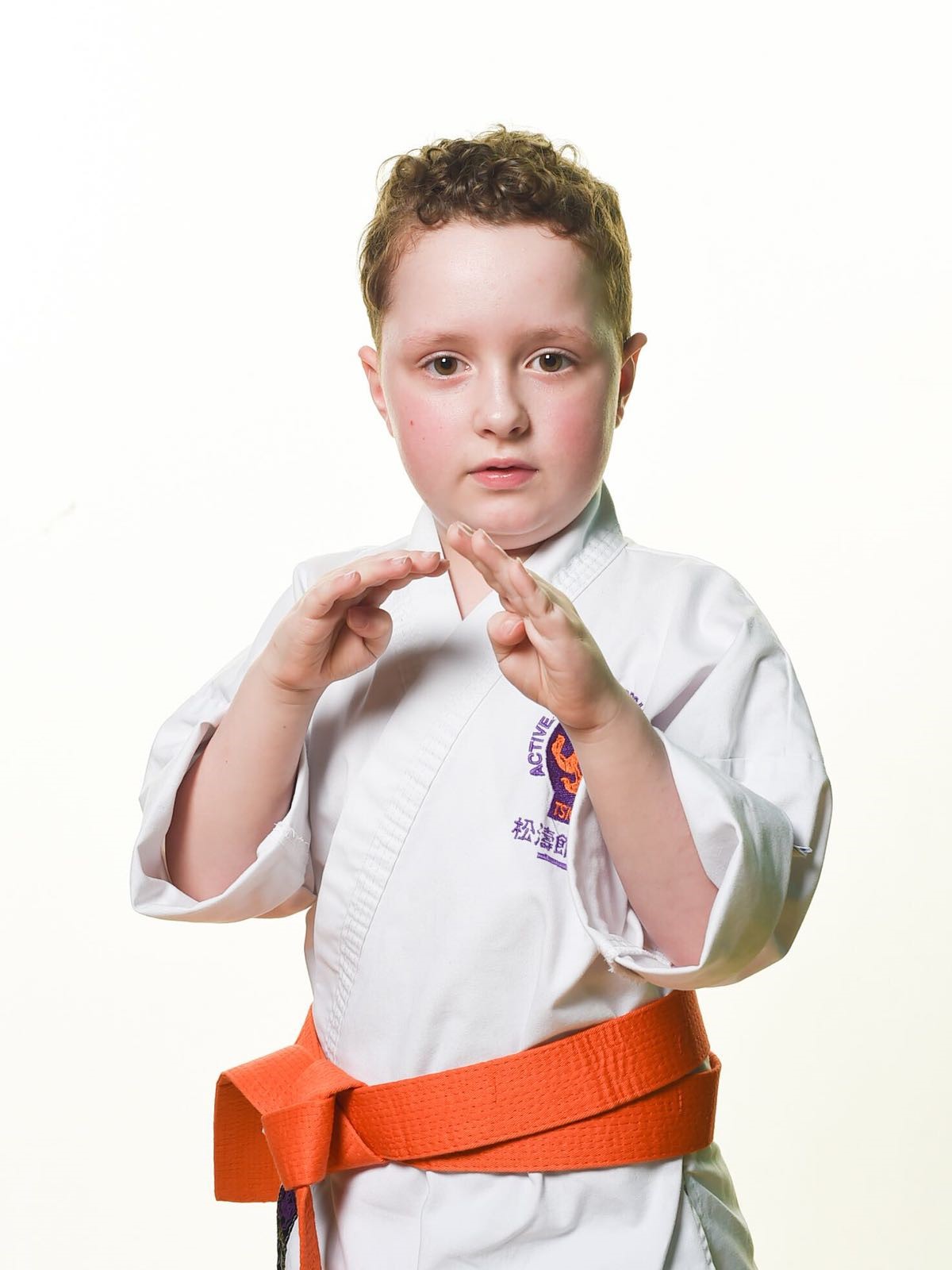
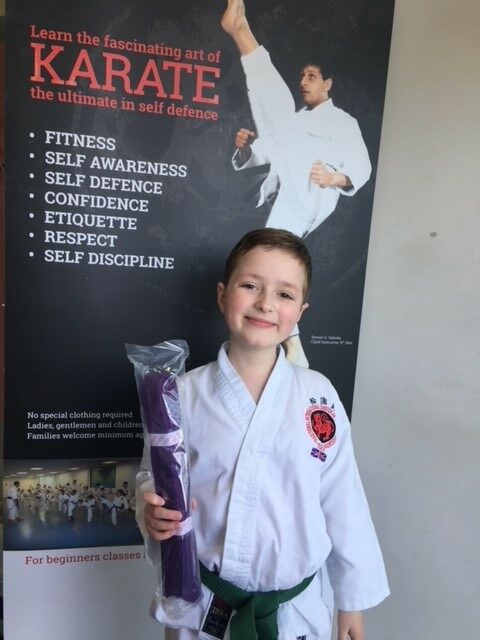
Our low-grade glioma research
Zac’s optic nerve glioma is a low-grade glioma, meaning that it grows slowly. The EVEREST Centre specialises in childhood low-grade glioma research and aims to improve treatments for children like Zac. Professor Darren Hargrave, Zac’s doctor, actively participates in research as a member of the EVEREST Centre.
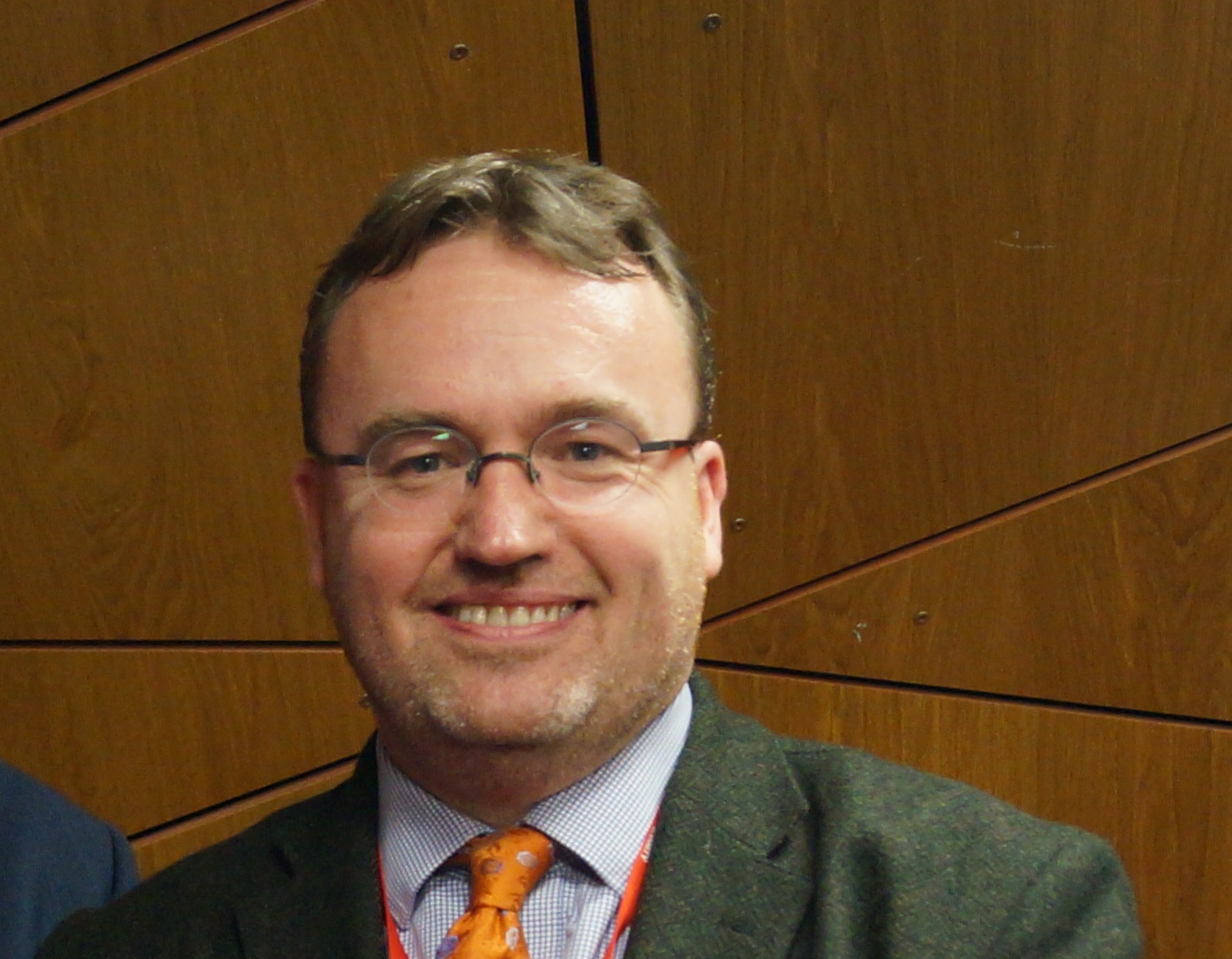
Professor Darren Hargrave
Prof. Hargrave specialises in childhood brain tumours and the development of new anti-cancer drugs for children and adolescents. He treats children in the clinic and is also part of many research projects including those linked to the EVEREST Centre.
